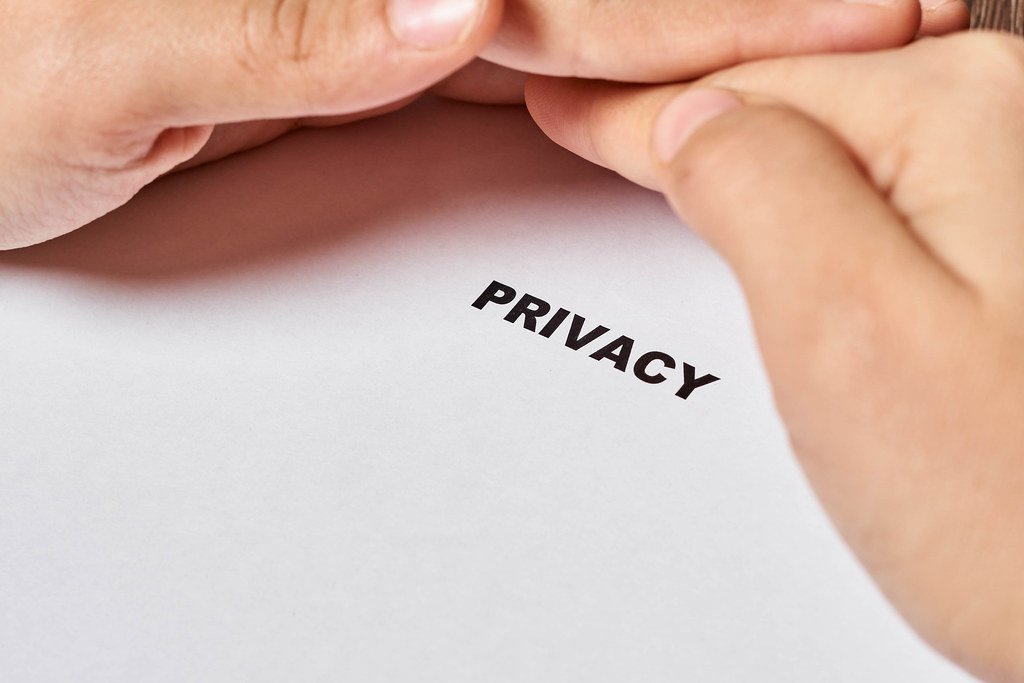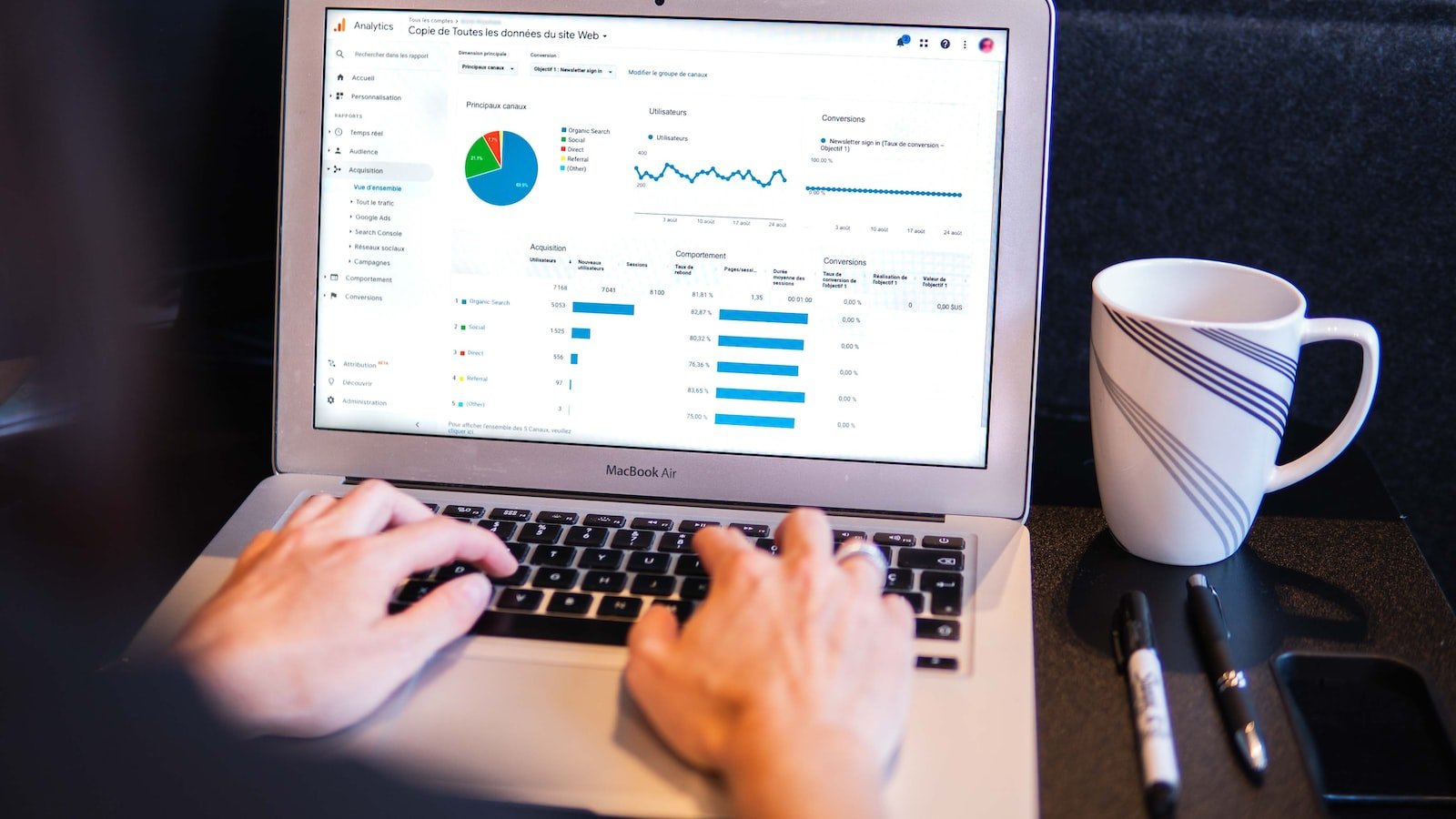In the age of Information, where data is the new currency, ethical quandaries surrounding its collection and utilization have become an inescapable labyrinth. Behind the veil of glittering technological advancements that promise greater convenience and personalized experiences, lies a web of moral dilemmas waiting to be unraveled. In this article, we embark on a thought-provoking journey to unmask the intricate world of data collection ethics. From the covert surveillance tactics employed by tech giants to the consequences of data breaches on unsuspecting users, we delve deep into the heart of these ethical conundrums, shedding light on the lines that blur the boundaries of privacy, consent, and accountability. Join us as we navigate through this perplexing landscape, challenging conventional norms, and ensuring we shed a much-needed spotlight on the shadowy practices that lurk behind our screens. 

In an increasingly connected and data-driven world, the collection and use of personal data present a myriad of ethical challenges. As we seek to strike a delicate balance between data collection for innovation and protecting individual rights, the Privacy Paradox emerges, raising questions about consent, transparency, power dynamics, and algorithmic bias. This blog post explores these complex ethical dilemmas and provides recommendations for navigating the path ahead.
rn rn
Assessing the Privacy Paradox reveals the tension between individuals’ desire for privacy and the convenience and benefits that come with data collection. Striking the right balance entails finding ways to limit invasive collection practices without impeding technological progress. To achieve this, transparency becomes paramount. Individuals should have clear knowledge of what data is being collected, how it’s being used, and who has access to it. Companies must embrace transparency as a guiding principle, ensuring that privacy policies are easily understood, providing clear consent options, and regularly updating users on data practices.
rn rn
- rn
- Consent should be informed, specific, and granular, allowing individuals to choose how their data is utilized.
- Power dynamics in data collection must be addressed to prevent exploitation, particularly regarding vulnerable populations.
- Algorithmic bias presents ethical challenges, as biased data can perpetuate discrimination and reinforce societal inequalities. Unmasking the black box of algorithms requires rigorous audits and diverse input during the development and decision-making processes.
 rn
rnrn
rn
rn
rn rn
Navigating the path ahead demands a holistic approach that leverages both technological and legislative measures. Ethical data collection practices should adhere to internationally recognized standards, such as the General Data Protection Regulation (GDPR), and prioritize data minimization, anonymization, and third-party audits. By embracing these recommendations for ethical data collection and use, we can foster trust, protect individual rights, and unlock the full potential of data-driven innovation.
rn rn
rn
Q&A
Q: What is data collection ethics?
A: Data collection ethics refers to the moral principles and guidelines that govern the methods of gathering, storing, and utilizing data. It addresses the ethical quandaries surrounding the collection, access, and use of personal information.
Q: Why is it important to unmask data collection ethics?
A: Unmasking data collection ethics is important because it sheds light on the hidden practices and questionable methods employed by organizations to obtain personal data. By understanding the ethical implications of data collection, we can promote transparency and advocate for safeguards to protect individuals’ privacy.
Q: Who are the key players in data collection ethics?
A: The key players in data collection ethics include individuals, corporations, governments, and regulatory bodies. Individuals have the right to control their personal data, while corporations and governments have the responsibility to handle it ethically. Regulatory bodies play a crucial role in establishing and enforcing guidelines that protect individuals’ privacy and ensure ethical data practices.
Q: What are some ethical concerns associated with data collection?
A: There are several ethical concerns associated with data collection, such as the violation of privacy, informed consent, surveillance, discrimination, and potential misuse of personal information. These concerns arise when data is collected without individuals’ knowledge or consent, or when it is used to target vulnerable groups or manipulate people’s behavior.
Q: How does data collection impact privacy?
A: Data collection has a significant impact on privacy as it entails the gathering of personal information, often without individuals’ knowledge or explicit consent. The accumulation of extensive personal data enables profiling, surveillance, and targeted marketing campaigns, challenging individuals’ ability to maintain control over their private lives.
Q: What are some ethical implications of data collection in the digital age?
A: In the digital age, data collection ethics face new challenges. The unethical use of personal data through practices like data breaches, data sales, or hidden tracking can result in the erosion of trust and the violation of individual rights. Additionally, the development and use of advanced technologies, such as facial recognition or artificial intelligence, raise ethical questions of consent, accountability, and potential bias.
Q: How can individuals protect themselves from unethical data collection?
A: Individuals can protect themselves from unethical data collection by being cautious about sharing personal information online, understanding privacy settings, carefully considering the apps they use and the permissions granted to them, and regularly reviewing and updating their privacy preferences. Additionally, staying informed about data collection practices can help individuals make informed decisions about who they trust with their personal data.
Q: What are some global initiatives addressing data collection ethics?
A: Various global initiatives aim to address data collection ethics. For instance, the European Union’s General Data Protection Regulation (GDPR) strengthens individuals’ control over their personal data and establishes guidelines for data controllers and processors. Other initiatives include the responsible AI development guidelines issued by organizations like UNESCO or the principles outlined in the Electronic Frontier Foundation’s “Who has your back” campaign to promote transparency among technology companies.
Q: How can organizations ensure ethical data collection practices?
A: Organizations can ensure ethical data collection practices by implementing transparent privacy policies, obtaining informed consent from individuals, anonymizing data whenever possible, and securing data against breaches. Furthermore, adhering to established data protection regulations, conducting regular privacy audits, and fostering a culture of data ethics within the organization are crucial steps towards responsible and ethical data collection.
Q: What role do individuals play in determining data collection ethics?
A: Individuals play a significant role in determining data collection ethics by demanding transparency, voicing concerns, and supporting organizations that prioritize ethical data practices. By being vigilant and informed consumers, individuals can influence market trends and shape the ethics of data collection, fostering a culture that respects individual rights and privacy. As we bring this exploration of data collection ethics to a close, the mask so meticulously crafted by technology giants and data-driven algorithms begins to slowly slip off, revealing the profound ethical quandaries that lie beneath. From the shadows of our digital footprints emerges a poignant question: how do we navigate this intricate landscape without compromising our core values?
In this bewildering world where every click, every search, and every purchase becomes a valuable commodity, the notion of privacy is dismantled and laid bare before us. The pervasive reach of data collection leaves us feeling exposed, vulnerable, and stripped of the fundamental right to personal autonomy. Yet, as we gaze beyond the disquieting haze, we glimpse the potential for change, for awareness, and for a collective moral awakening.
It is essential, dear reader, that we refuse to be mere pawns in this intricate game of data-driven power. Our individual actions, however inconspicuous they may seem, hold immeasurable significance in this realm of unabated information flow. By embracing consciousness, demanding transparency, and empowering ourselves with knowledge, we can foster an ethical transformation, reclaiming the very essence of our humanity.
Let us not forget that amidst the relentless march of technological progress, we possess the capacity to shape the future. We have the power to stand up against the encroachment of surveillance capitalism, insisting that accountability and morality guide our digital encounters. As the relentless quest for profit threatens to erode the fabric of our society, we must come together, united in our quest for an ethical equilibrium.
In this brave new world, the boundaries of morality may seem blurred, but together we can illuminate the path forward. It falls upon us to question, to challenge, and to reimagine the purpose of data collection in our lives. Let this journey be a reminder that, while technology may forge the tools, it is our unwavering integrity that shall wield them responsibly.
As we bid adieu to the realm of data collection ethics, may this discourse embolden your spirit and ignite the spark of vigilance within. Together, let us uncover the truth that hides behind the mask, navigating the ethical labyrinth with courage, conviction, and an unwavering commitment to our shared humanity. It is in this quest that we shall find the wisdom to sculpt a future where data collection becomes a beacon of trust and respect, rather than a shroud of uncertainty.

